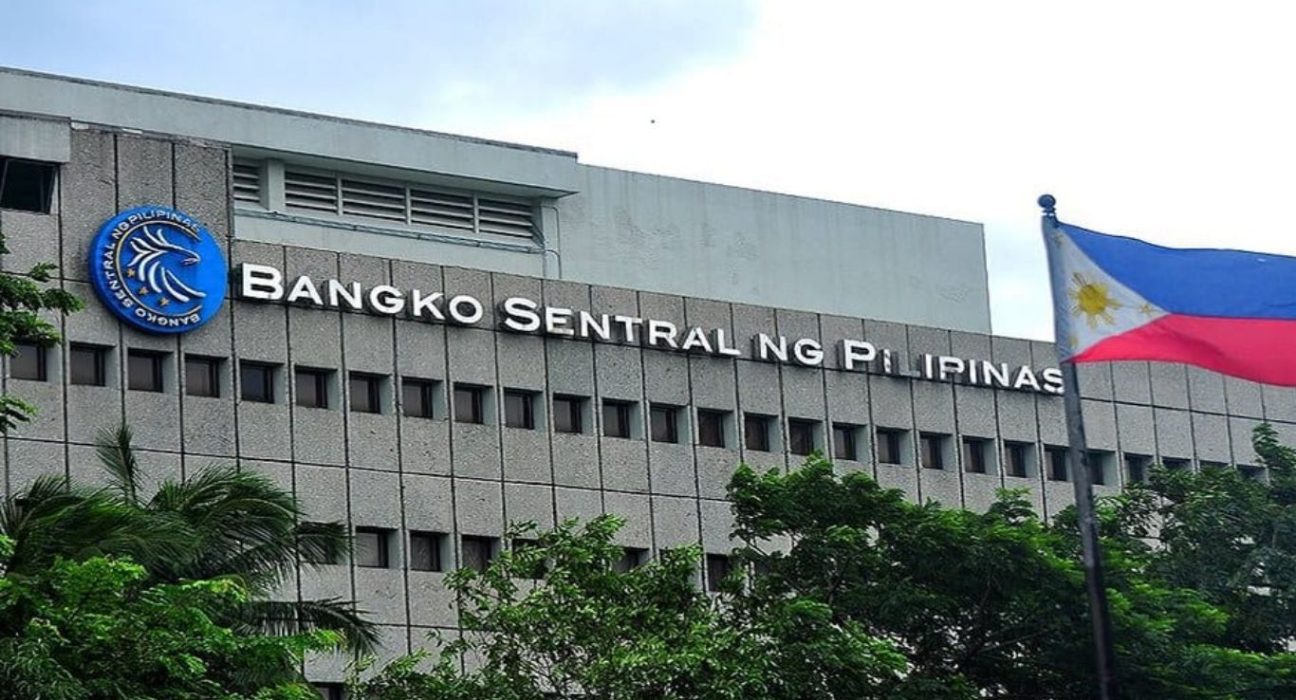Introduction
In the face of the U.S. Federal Reserve’s recent policy tightening, the Philippines’ Finance Minister, Benjamin Diokno, has expressed his view that there is room to pause on rate hikes during August. The Finance Secretary, who also sits in the policy-making Monetary Board, emphasized the need to monitor other vital indicators, particularly inflation, before making any further decisions. The upcoming meeting on August 17 holds the key to setting the country’s benchmark interest rate, currently standing at 6.25%, following a series of 425 basis points hikes implemented since May last year.
Finance Minister’s Stance on Rate Hikes
Finance Secretary Benjamin Diokno addressed the media during his weekly briefing on Friday, offering insights into the country’s monetary policy amid global economic challenges. In response to the U.S. Federal Reserve’s recent tightening measures, Diokno expressed his reservations about matching the rate hikes. While the Federal Reserve’s actions often have an impact on global financial markets, the Finance Minister asserted that the Philippines does not necessarily need to mirror their moves. This statement comes as a signal of the country’s cautious approach to monetary policy adjustments in the midst of uncertainty. Diokno’s comments were embargoed until Monday, adding to the anticipation surrounding the country’s future economic direction.
Monitoring Key Indicators
Highlighting the importance of considering various economic indicators, Finance Secretary Diokno emphasized the significance of monitoring inflation closely. Inflation rates are critical determinants of a country’s monetary policy decisions. By keeping a close eye on inflation trends, the government can make informed choices regarding interest rates and fiscal measures to promote economic stability. The Finance Minister’s emphasis on the inflation indicator underscores the cautious approach adopted by the Philippines’ monetary authorities in handling the prevailing economic situation.
The Monetary Board’s Role
As a member of the policy-making Monetary Board, Benjamin Diokno will be a crucial participant in the upcoming meeting on August 17. The Monetary Board plays a vital role in setting the country’s benchmark interest rate, which currently stands at 6.25%. Over the past year, the board has implemented a total of 425 basis points hikes to curb inflationary pressures and support the economy amid the global economic challenges posed by the pandemic. However, with the U.S. Federal Reserve enacting its policy tightening, the Monetary Board faces a delicate decision-making process to ensure the country’s economic growth and stability.
Evaluating Economic Climate
The decision to pause on rate hikes is an outcome of a comprehensive evaluation of the Philippines’ economic climate. The Finance Minister’s stance reflects the government’s willingness to adopt a pragmatic approach rather than hastily matching the U.S. Federal Reserve’s policy moves. Factors such as GDP growth, employment rates, and foreign investments are likely to influence the Monetary Board’s decision during the upcoming meeting. The board’s ability to balance economic growth while mitigating inflationary pressures remains a critical challenge in the current global economic landscape.
Economic Impact of Pausing Rate Hikes
Pausing on rate hikes amid the U.S. Federal Reserve’s policy tightening has both advantages and potential risks for the Philippines’ economy. On the one hand, maintaining a steady interest rate may support local businesses and consumers, providing a conducive environment for investment and borrowing. It could also prevent a potential slowdown in economic growth, allowing the country to recover from the pandemic-induced economic downturn. On the other hand, too much monetary easing could lead to heightened inflation, which might erode purchasing power and destabilize the economy in the long run. Balancing these factors is crucial to ensuring sustainable economic progress.
Market Reaction and Investor Confidence
The Finance Minister’s statement is likely to be closely observed by investors, both domestic and international. Investors often seek stability and predictability in economic policies to make informed decisions. The Philippines’ approach to monetary policy amid the U.S. Federal Reserve’s actions may influence investor confidence in the country’s economic prospects. The local stock market and currency may experience fluctuations depending on how investors interpret the government’s stance. Clear communication and transparency from the monetary authorities will be essential in guiding market sentiments.
Conclusion
Finance Secretary Benjamin Diokno’s announcement of a possible pause on rate hikes amidst the U.S. Federal Reserve’s policy tightening reflects the Philippines’ cautious approach to its monetary policy. As a member of the Monetary Board, Diokno’s view will be pivotal in the upcoming meeting to set the central bank’s benchmark rate. By closely monitoring key indicators like inflation and assessing the prevailing economic climate, the Philippines aims to strike a balance between promoting economic growth and maintaining stability. Investor reaction and market confidence will depend on how the government communicates its future economic strategies, shaping the nation’s path toward recovery and prosperity.










